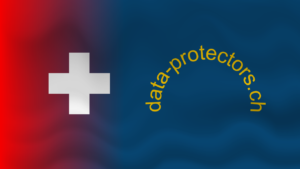Interview with Adrian Lobsiger, Federal Data Protection and Information Commissioner
Adrian Lobsiger, the Federal Data Protection and Information Commissioner (FDPIC), classifies the innovations of the new data protection law, which will come into force on 1.9.2023, and talks about where there is still a need for action and which changes are likely to be the most talked about.
Netzwoche conducted an interview with him (German).


